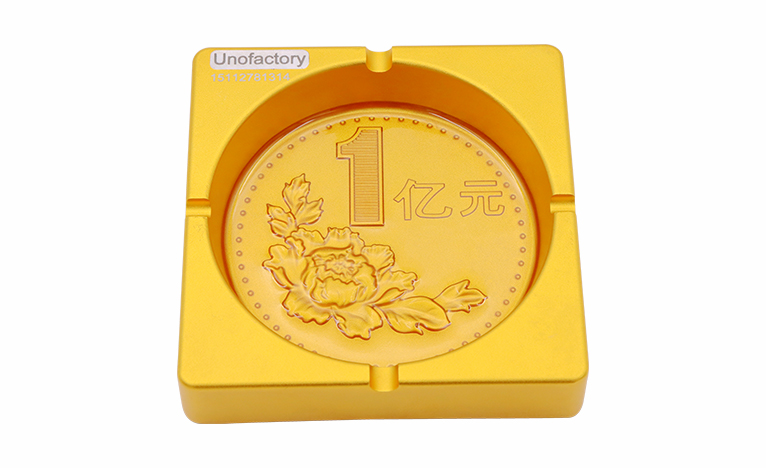Time to read: 6 min

Abstract:
In the medical industry, the development of new products hinges on precision, material compatibility, and expedited production timelines. Vacuum casting emerges as a technique that meets these criteria, offering a rapid and cost-effective solution for the manufacturing of medical prototypes and devices. This article explores the advantages and applications of vacuum casting in the medical field, highlighting its suitability for creating intricate and precise medical components.
Body:
Vacuum Casting: A Precision Manufacturing Technique
Vacuum casting is a manufacturing process that utilizes silicone molds to produce small batches of products with high precision. The process, occurring under vacuum conditions, ensures the elimination of air bubbles and complete mold filling, resulting in parts with excellent detail accuracy.
Benefits of Vacuum Casting for Medical Devices
The selection of vacuum casting for medical device manufacturing is driven by several key benefits:
Precision and Detail Accuracy
With the potential for an accuracy of 0.05mm, vacuum casting is highly valued for its precision, which is contingent upon the quality of the master mold.
Material Versatility
The process accommodates a wide range of plastics and resins, including ABS, Rubber, Polypropylene, HDPE, Polyamide, Glass Filled Nylon, Polycarbonate, and PMMA, making it ideal for various medical applications.
Cost-Effectiveness for Small Batches
Vacuum casting offers low setup and operational costs, requiring only a master mold and resin materials, and allowing for up to 25 copies from a single mold.
Speed of Production
The process significantly reduces lead times, from the traditional 2 to 3 weeks down to 10 to 15 days, facilitating faster turnaround for medical research and testing.
High-Quality Surface Finish
Vacuum casting provides a high-quality surface finish, with the option to add color pigments for customized surface textures, from glossy to matte.
Reduced Risk of Air Bubbles and Imperfections
The vacuum environment minimizes the formation of bubbles, ensuring the molten material fills every corner of the mold without imperfections.
Flexibility in Design Changes
Silicone molds offer ease in making design changes compared to permanent metal molds, allowing for cost-effective amendments.
Ability to Simulate Final Materials
Vacuum casting effectively simulates the properties of final materials, using resins that mimic the attributes of the end products.
Applications of Vacuum Casting in the Medical Field
The technique's applications in the medical sector are vast, including the production of prosthetic components, surgical models, medical enclosures, custom orthotics, hearing aid parts, dental devices, respiratory therapy components, surgical instruments, and implant prototypes.
Unofactory: Your Partner in Medical Device Innovation
Unofactory provides vacuum casting services tailored for the precise and detailed manufacturing of medical prototypes and small batch production. With ISO 13485 and ISO 9001:2015 certifications, our services adhere to the highest medical device production standards, ensuring quality and reliability.
Materials for Vacuum Casting Medical Devices
The choice of material for vacuum casting is critical, with options like Rubber, ABS, Polypropylene (PP), HDPE, Polyamide, Glass Filled Nylon, Polycarbonate (PC), PMMA (Acrylic), and Filled ABS, each offering unique mechanical properties suitable for different medical applications.
Alternatives to Vacuum Casting for Medical Devices
While vacuum casting is highly effective, alternative rapid prototyping processes such as injection molding, 3D printing, and CNC machining offer different advantages and may be more suitable depending on the specific requirements of the medical device being produced.
Conclusion
Vacuum casting stands as a cost-effective and efficient method for the quick production of medical devices. Its versatility in molding medical-grade materials and producing high-precision parts makes it an invaluable technique in the medical device industry.




